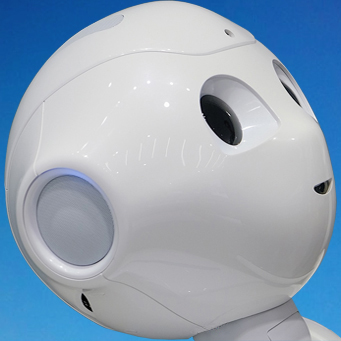
Benchmarks made to measure the performance of AI systems that control robots are often limited to expensive hardware designed for industrial environments that can cost tens of thousands of dollars. Researchers from UC Berkeley and Google Brain addressed this problem by introducing Robotics Benchmarks for Learning with Low-Cost Robots (ROBEL), an open source platform designed to encourage rapid experimentation and on-hardware reinforcement learning. ROBEL also comes with benchmark tasks specifically made for tracking the quality of AI systems on lower-cost robots.
Naturally, more affordable robots designed to work with platforms and performance benchmarks make adoption more likely by developers, students, or startups interested in iterating to advance the field.
ROBEL is made to work with D’Claw, a three-fingered robotic hand, and D’Kitty, a four-legged robot. Made by Trossen Robotics, fully assembled versions of these robots sell for $3,200 and $3,700 respectively. D’Claw is a 9-degrees-of-freedom (9DoF) device while D’Kitty is a 12-degrees-of-freedom device (12DoF).
“These low-cost, modular robots are easy to maintain and are robust enough to sustain on-hardware reinforcement learning from scratch with over 14,000 training hours registered on them to date,” ROBEL makers said in a paper published on arXiv.
By comparison, Sawyer and Baxter robots have a reputation in lab environments but can cost well over $15,000, while robotic arms like Franka can cost more than $10,000. Baxter maker Rethink Robotics was acquired by Hahn Group in late 2018.
